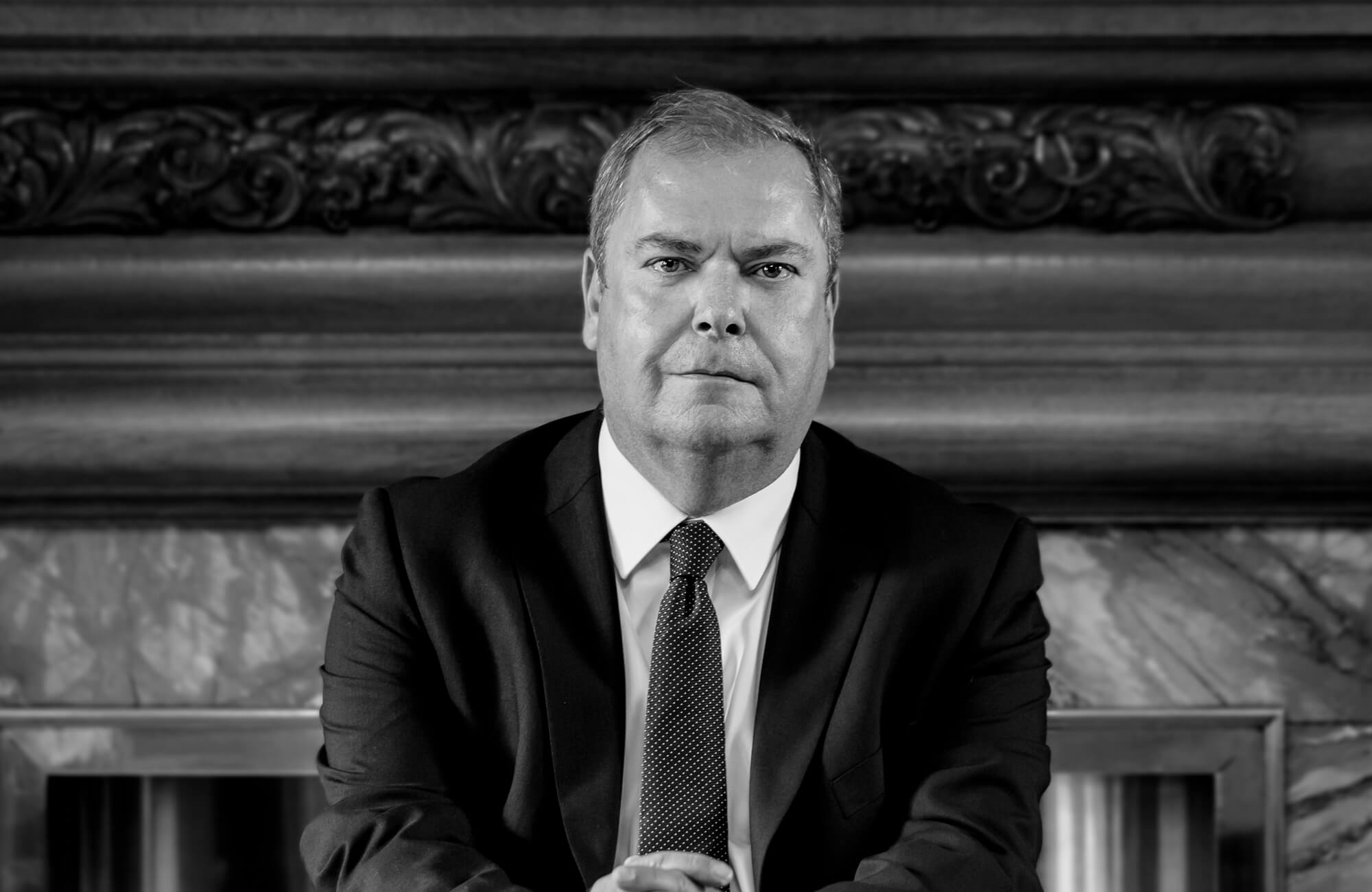The Trojan Horse plot, which came to light in 2014, centred on allegations that hard-line Muslims were planning to seize control of a number of Birmingham schools.
Former Metropolitan Police counter-terrorism commander, Peter Clarke, carried out a Government investigation speaking to dozens of staff anonymously. Because disciplinary action is now on foot against certain head teachers as a result of these investigations the anonymity of the “whistle-blowers” is likely to be breached, despite assurances to the contrary. In English law, a defendant has a fundamental right to see and know the identity of his accusers.
The case of the RBS Rights Issue Litigation [2016] EWHC 3161 (ch) is also interesting because those interviewed in the US by RBS lawyers in relation to their internal investigations were told that the interview notes would be, and would be kept, confidential and subject to client attorney privilege. However, the English court ruled they were subject to disclosure in English litigation. Accordingly, even if assurances of confidentiality and anonymity are made by those ostensibly entitled to give such assurances, they may not be honoured.
The Trojan Horse plot, which came to light in 2014, centred on allegations that hard-line Muslims were planning to seize control of a number of Birmingham schools.
Former Metropolitan Police counter-terrorism commander, Peter Clarke, carried out a Government investigation speaking to dozens of staff anonymously. Because disciplinary action is now on foot against certain head teachers as a result of these investigations the anonymity of the “whistle-blowers” is likely to be breached, despite assurances to the contrary. In English law, a defendant has a fundamental right to see and know the identity of his accusers.
The case of the RBS Rights Issue Litigation [2016] EWHC 3161 (ch) is also interesting because those interviewed in the US by RBS lawyers in relation to their internal investigations were told that the interview notes would be, and would be kept, confidential and subject to client attorney privilege. However, the English court ruled they were subject to disclosure in English litigation. Accordingly, even if assurances of confidentiality and anonymity are made by those ostensibly entitled to give such assurances, they may not be honoured.

